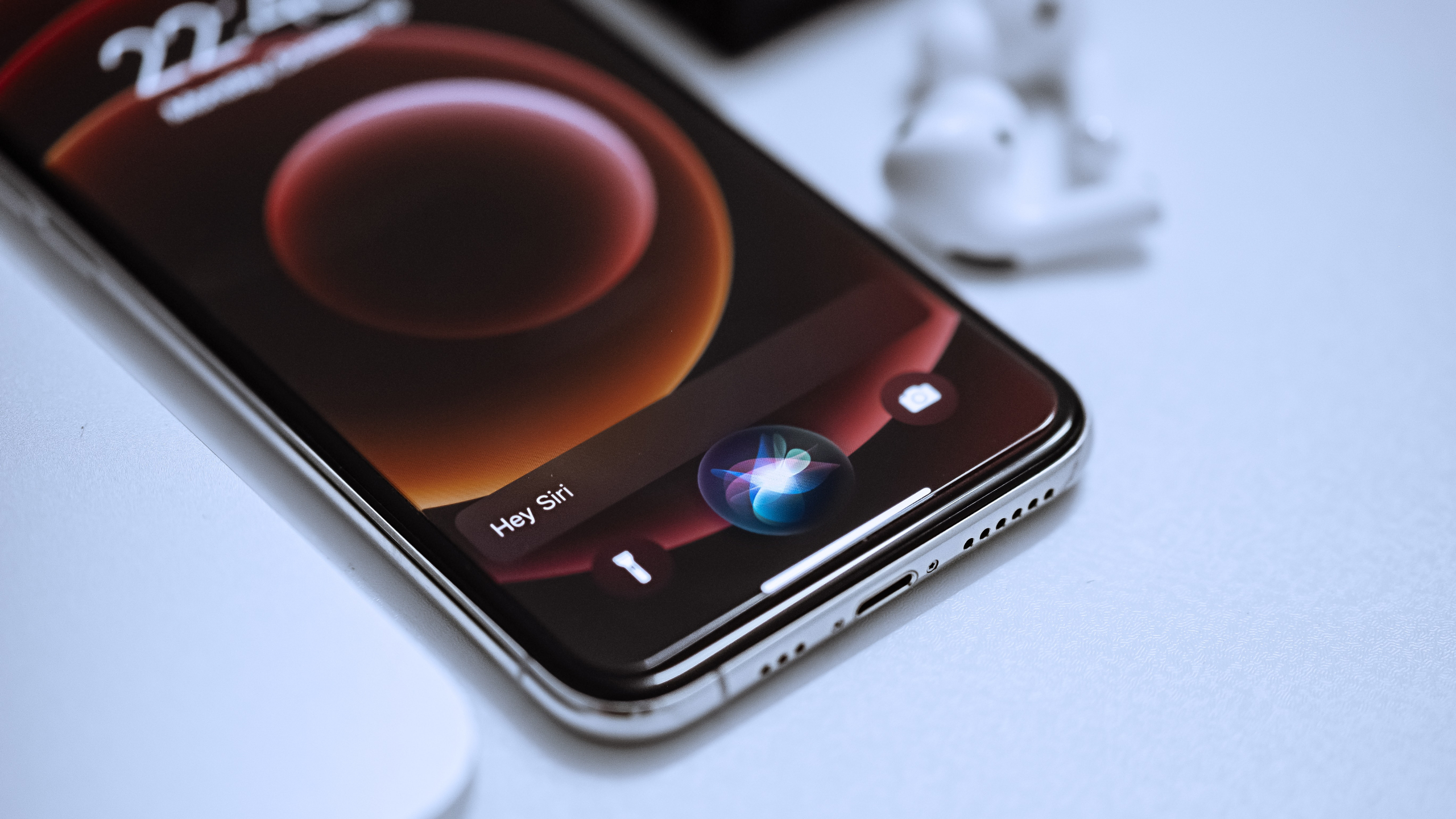Apple’s iOS 18 iPhone upgrade is just around the corner, and it’s expected to be one of the largest updates in the operating system’s history. And with just a couple of months until it launches in June, we’ve just learned an interesting tidbit about how its much-anticipated artificial intelligence (AI) features might work.
In the paid-for section of his Power On newsletter (via MacRumors), Bloomberg journalist Mark Gurman says the AI features – or at least, those developed by Apple rather than by a third party – will work wholly on your device.
“As the world awaits Apple’s big AI unveiling on June 10, it looks like the initial wave of features will work entirely on device,” Gurman writes. “That means there’s no cloud processing component to the company’s large language model, the software that powers the new capabilities.”
Gurman added that Apple will probably augment this with cloud-based AI features offered by tools like Google Gemini or a different provider. Apple has been rumored to be in discussions with major AI developers to get generative artificial intelligence tools built into iOS 18, which could mean we see ChatGPT or some other AI woven deep into the operating system.
At the moment, iOS 18 is not tipped to include Apple’s own long-rumored chatbot. The release date for Apple’s chatbot is currently unknown, but based on what we’ve seen so far, it could be a major challenger to the current industry leaders.
What does this mean for you?

Apple has long been a champion of users’ privacy, and prefers to run as many of its features on-device as it can. When that happens, it means your data does not leave your device and is not hosted on any third-party servers, which limits outside access to it.
However, while Apple is apparently keeping its own AI tools on-device, the same can’t be said for whichever company ends up providing the generative AI that lands in iOS 18. That seems inconsistent with Apple’s much-vaunted privacy stance, and perhaps indicates that the company feels it needs to catch up with its rivals in any way it can.
And when it comes to AI, staying entirely on-device might limit the technology’s capabilities. Generative AI requires a huge amount of computing power, and while Apple’s smartphone chips are far ahead of their competitors, even they might struggle with complex AI workloads. This is all speculation for now, of course, but it might be an issue.
We’ll get more information on iOS 18 and all of its AI features on June 10, when Apple is set to host its Worldwide Developers Conference (WWDC) – so you’re interested in artificial intelligence, it’s definitely a date to mark in your calendar.


